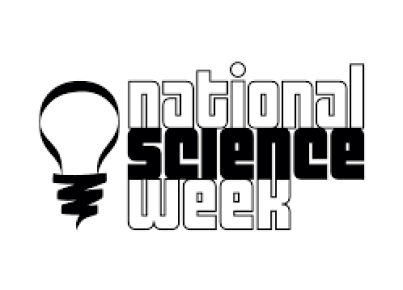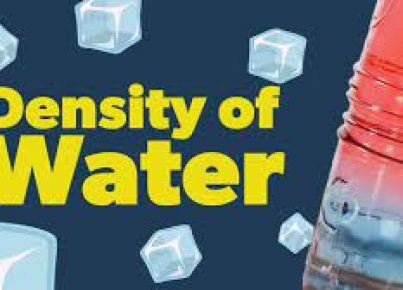Introduction: Nurturing the Future
In the rapidly evolving world of scientific discovery and technological advancement, science education plays a significant role in preparing our future generations for success. Recognising professional expertise in science education is crucial for cultivating an outstanding foundation of knowledge and empowering the next generation of scientists, engineers, and innovators.
1. The Essence of Professional Expertise in Science Education
Professional expertise in science education refers to the delicate balance between pedagogical knowledge, experience, and innovative thinking. The primary components of professional expertise include:
– Comprehensive subject knowledge involving fundamental principles and real-world applications.
– Exceptional instructional skills that cater to different learners’ needs, considering multiple learning styles and diverse backgrounds.
– Lifelong commitment to professional development through research-based practices, workshops, seminars, and collaborations with other professionals.
2. Identifying Expertise Among Science Educators
Promoting excellence within the realm of science education demands careful consideration when identifying professionals with valuable expertise. Key indicators to look for are:
– Proven track record in fostering student achievement and intellectual development.
– Active participation in extracurricular activities or clubs related to science.
– Collaboration with experts across disciplines to design integrative curricula that weave scientific themes and ideas with other subjects.
3. Benefits of Recognising Professional Expertise
Acknowledging professionals with exceptional expertise can have transformative effects on the educational environment through:
– Encouragement of continuous improvements in teaching practices.
– Strengthening professional communities through collaborative learning experiences.
– Enhancing morale among educators by highlighting their valuable contributions to the field.
4. Promoting Recognition Within the Education System
To effectively elevate professional expertise in science education, systematic support from key stakeholders—such as school administrations, institutions, policymakers, and education boards—is vital.
Policies can be drafted to encourage:
– Appropriate compensation for educators who demonstrate outstanding performance; this may include bonuses, extra paid leave, or faster career progression.
– Funding opportunities for continuous professional development.
– Recognition awards for exemplary contributions to the field.
– Grants or subsidies to support innovative classroom initiatives or research.
Conclusion: Empowering Scientific Leaders of Tomorrow
Recognising and nurturing professional expertise in science education is a significant endeavor aimed at enhancing the quality of education for our future generations. By dedicating sufficient resources and appreciation towards these professionals, we can build an innovative and robust foundation for the scientific leaders of tomorrow – pushing boundaries and exploring new frontiers in the world of science.





